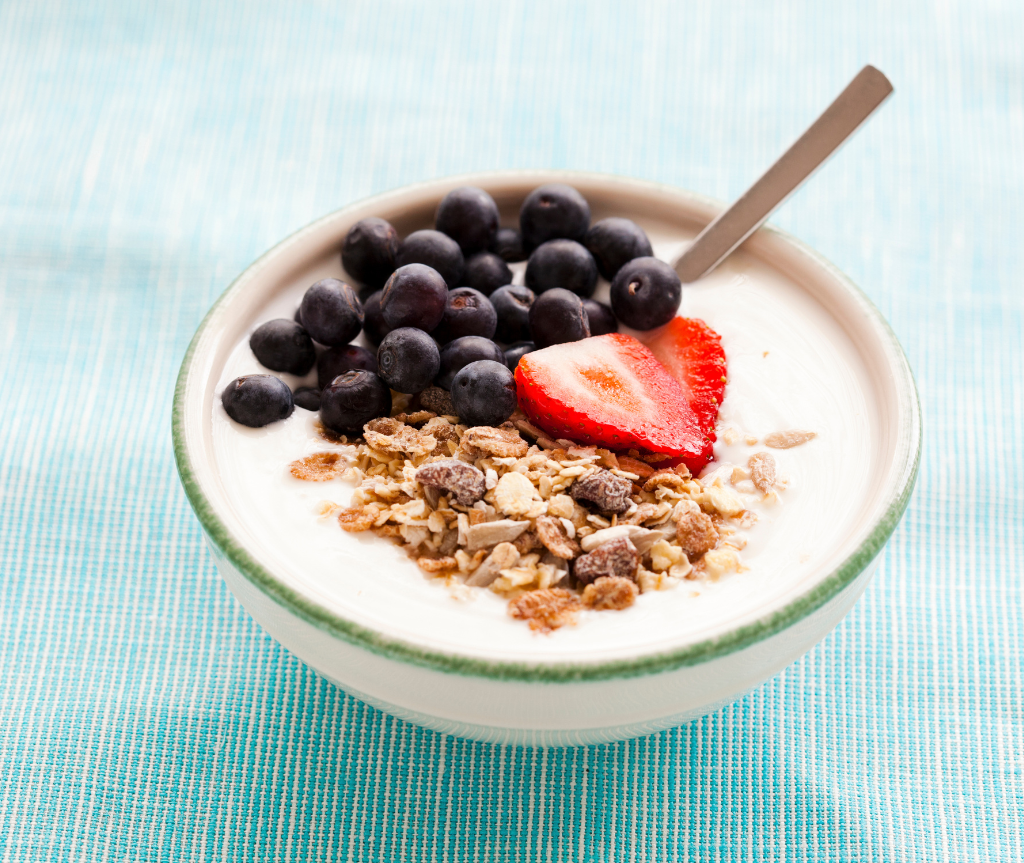If you’ve ever opened a jar of kimchi and wondered why the world suddenly seems obsessed with fermented foods for gut health, you’re not alone. Over the past few years, these foods have moved from quiet cultural staples to global wellness favourites. But behind the trend is a simple truth: your gut is one of the most influential systems in your body — and it deserves some attention.
Think of your gut as a bustling city. Nutrients come in, rubbish goes out, and millions of tiny residents (your gut bacteria) keep everything running smoothly. When this community is balanced and diverse, you feel energised, digest more comfortably, and even think more clearly.
Fermented foods are like inviting helpful new neighbours into that city. Through the natural process of fermentation, food becomes richer in probiotics — live, friendly bacteria that support a healthy gut microbiome. And when your microbiome thrives, so do you.
Why Fermented Foods Matter for Gut Health
One of the most common things people say after adding fermented foods to their routine is, “I didn’t realise my digestion could feel this good.” It’s true — a well-fed microbiome has noticeable benefits.
Probiotics from fermented foods help rebalance your gut bacteria, making digestion smoother and helping your body absorb nutrients more efficiently. Many people find they experience less bloating, fewer energy dips, and more regular bowel movements after just a few weeks of consistency.
Because so much of your immune system sits in the gut, these foods also help strengthen natural defences. And while the link between gut health and mood might sound surprising, research continues to support it: a diverse microbiome is associated with better emotional resilience.
Beyond probiotics, fermented foods are naturally rich in vitamins and antioxidants — one of the reasons traditional cultures have relied on them for generations. They fit easily into everyday meals, and their flavours range from mild and creamy to bold and tangy.
Common Types of Fermented Foods
If you’re new to fermented foods, the list can feel a little like a global tasting menu — which makes the journey even more enjoyable. Some of the most popular options include:
- Yoghurt – creamy, familiar, and versatile
- Kefir – tangy, drinkable, and packed with probiotics
- Sauerkraut – crunchy, sharp, and great in salads or sandwiches
- Kimchi – spicy, complex, and deeply satisfying
- Naturally fermented pickles – salty, crunchy classics
Kombucha – fizzy, slightly sweet, and refreshing
You only need a small serving to get the benefits.
How to Add More Fermented Foods to Your Diet
The easiest approach? Don’t overthink it. Fermented foods can slip into your day in simple, delicious ways.
- Start small: A spoonful of yoghurt at breakfast or a forkful of sauerkraut with lunch is plenty to begin with.
- Explore flavours you actually enjoy: Maybe you love the fizz of kombucha but prefer mild yoghurt to fiery kimchi — that’s completely fine. The best fermented food is the one you’ll keep eating.
- Make it part of your routine: Add yoghurt to porridge, mix kimchi into fried rice, or enjoy kefir as a mid-morning snack.
- Try making your own: Homemade pickled carrots or DIY yoghurt can be surprisingly fun — and you control the ingredients.
- Pair with familiar foods: Fermented foods shine when they’re part of a bigger meal. Add sauerkraut to a grain bowl or swirl kefir into smoothies.
The Bottom Line
Fermented foods aren’t just another wellness trend — they’re a timeless, flavourful way to support your gut. Their natural probiotics help balance your microbiome, reduce inflammation, enhance digestion, and support immune function. Over time, this can translate into steadier energy, clearer thinking, and a more profound sense of well-being.
Start small. Stay curious. Explore flavours from different cultures. With each bite, you’re nourishing not just your gut, but your whole body.



